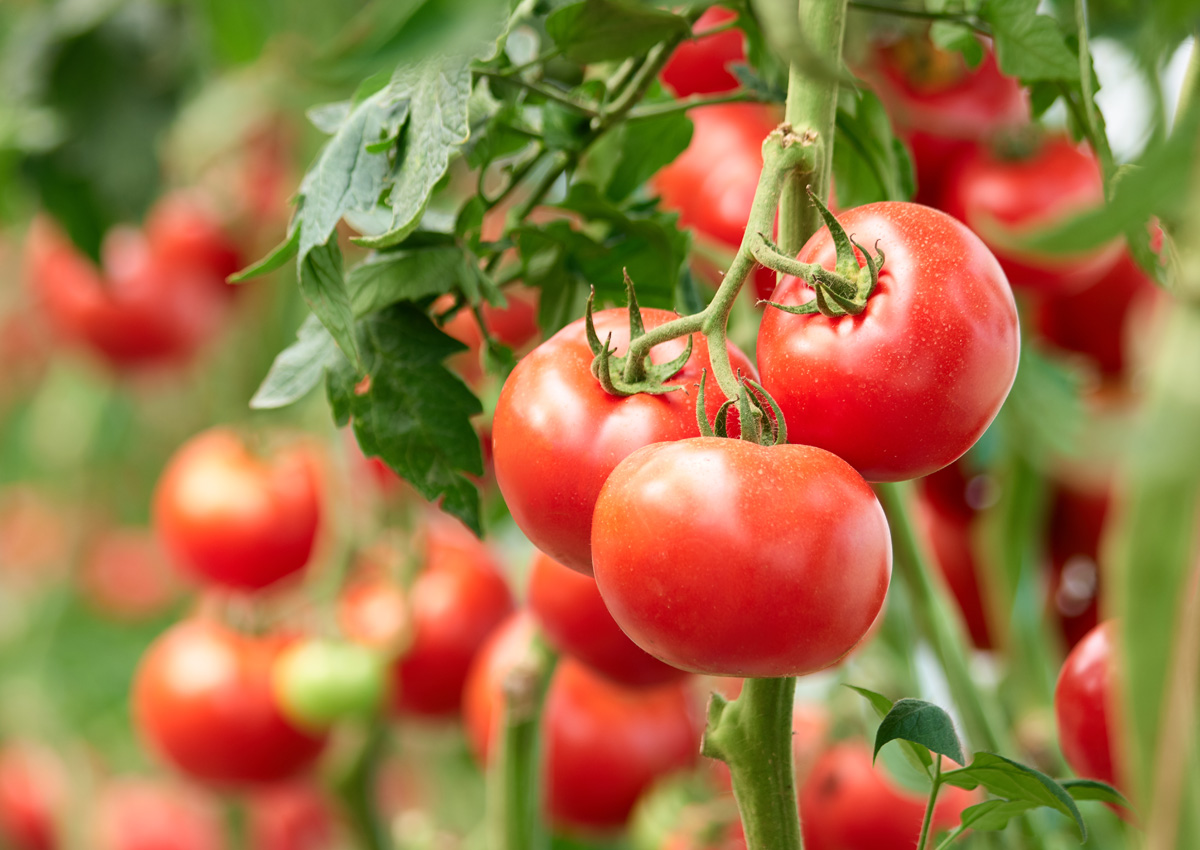
Protein in Tomato Explains Long-standing Plant Immunity Mystery
January 8, 2020| |
In a study at Boyce Thompson Institute, scientists introduce a protein, called Mai1, which plays a role in this missing link. They found that when the expression of Mai1 is muted, the plants could no longer defend themselves against pathogens using the cell death response. As a result, these plants were more susceptible to bacterial infection.
The identification of this protein as a central regulator of immunity in tomato has advanced the understanding of plant signaling mechanisms. The research suggests that Mai1 has a central role in immunity that likely can not be substituted by other proteins.
For more details, read the news article from the University of Illinois Crop Sciences and the research article in Molecular Plant-Microbiome Interactions.
| |
You might also like:
- Developing Ozone Tolerance in Tomato Might Interfere with Plant Disease Management
- Tomato Jumping Genes Could Help Speed-breed Drought Resistant Crops
- USDA Approves Field Trials of Gene-edited, Virus Resistant Tomatoes
Biotech Updates is a weekly newsletter of ISAAA, a not-for-profit organization. It is distributed for free to over 22,000 subscribers worldwide to inform them about the key developments in biosciences, especially in biotechnology. Your support will help us in our mission to feed the world with knowledge. You can help by donating as little as $10.
-
See more articles:
-
News from Around the World
- Vitamin A-Enriched Rice Approval in PH Gets Support from Golden Rice Humanitarian Board
- Technology to Accelerate Search for Drought Tolerant Chickpeas
- PH Solon Lauds Approval of Golden Rice, Endorses Passage of Nat'l Biotech Law
- Punjab Seed Council Approves New Bt Cotton Variety
- China Announces Plan to Issue Biosafety Certificates for GM Soybean and Corn
- South Australia Lifts Ban on GM Crops
- PH President Confers Order of National Scientist to Biotech Champ
-
Research Highlights
- Protein in Tomato Explains Long-standing Plant Immunity Mystery
- HKU Plant Scientists Identify Strategy to Enhance Rice Grain Yield
- GM Poplar Field Trials Result to Sustainable Biomass Production Without Isoprene Emission
-
Plant
- OsABA8ox2 Suppresses Root Elongation and Contributes to Drought Response in Rice
- Functional FLN2 Vital in Salinity Tolerance of Rice
-
Read the latest: - Biotech Updates (December 10, 2025)
- Gene Editing Supplement (November 26, 2025)
- Gene Drive Supplement (February 22, 2023)
-
Subscribe to BU: - Share
- Tweet

